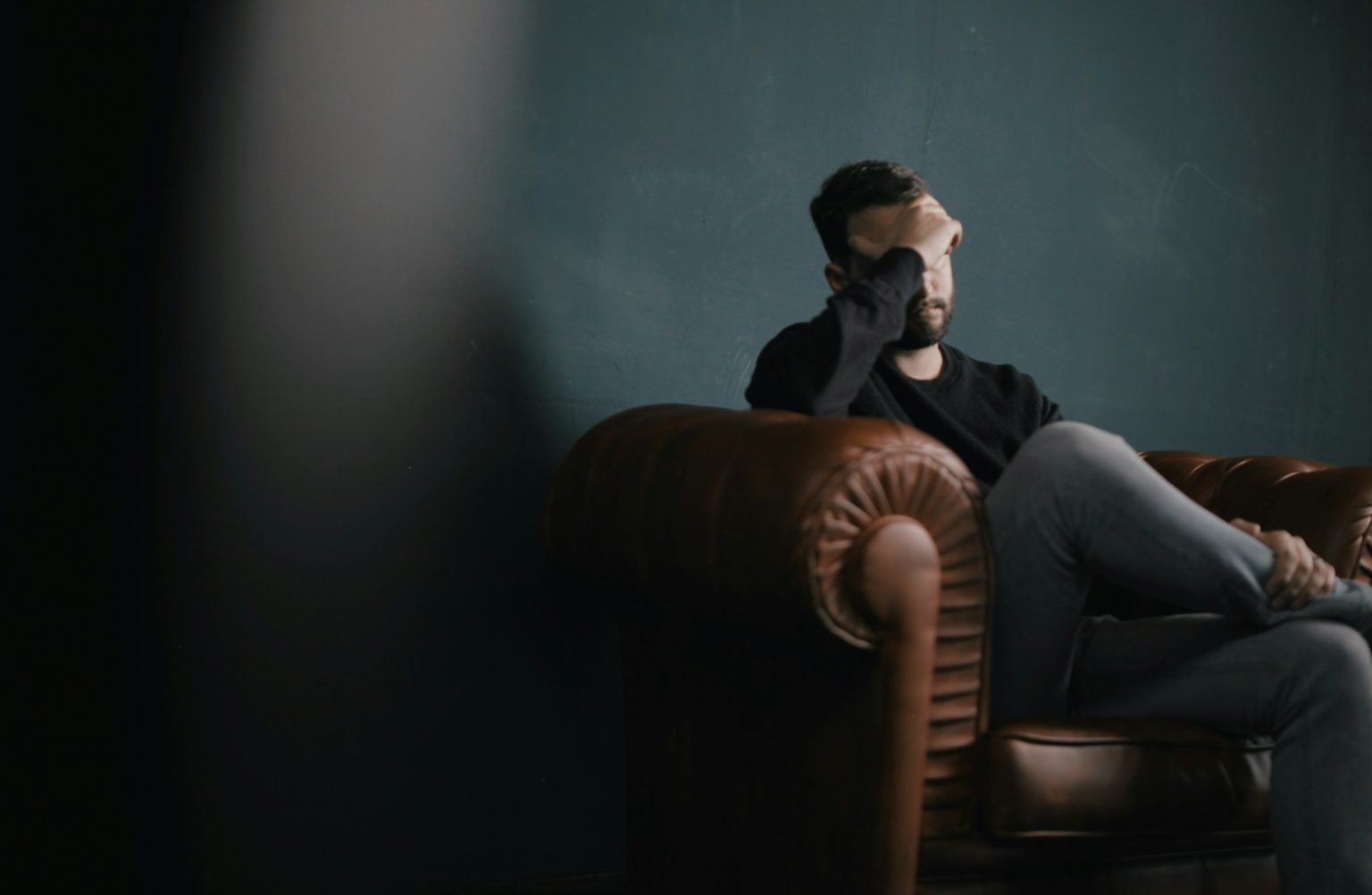I had a moment of clarity this morning while looking around my house. The floors were cruddy, the carpet needed vacuuming, and the bathroom was in a state that would make visitors cringe. My immediate reaction was frustration: “Why is everything such a mess?”
But then it hit me. I hadn’t been keeping up with my own cleaning routine. No cleaning fairies had abandoned their posts. No mysterious dirt-generating gremlins had invaded my home. The simple truth was that I had neglected my responsibilities.
Typically, my Saturday routine includes:
- Vacuuming all carpeted areas
- Dusting surfaces throughout the house
- Mopping hard floors (every other week)
- Cleaning bathrooms thoroughly
When I skip these tasks, the results are predictable. Dirt accumulates. Dust settles. Bathrooms become “a little cruddy,” as I found myself describing them. The cause and effect couldn’t be clearer.
The Mirror Moment
This household revelation sparked a deeper thought about how we approach problems in all areas of life. How often do we look for someone else to blame when things go wrong? It’s human nature to point fingers outward rather than inward.
When projects fail at work, we might blame our colleagues for not pulling their weight. When relationships struggle, we focus on the other person’s shortcomings. When our finances are in disarray, we blame the economy, our employer, or bad luck.
But what if we paused before assigning blame? What if we asked ourselves: “What role did I play in creating this situation?”
My dirty floors weren’t someone else’s failure—they were the direct result of my choices. No one to blame but myself.
View this post on Instagram
The Power of Personal Accountability
Taking responsibility isn’t about beating yourself up. It’s about recognizing your agency in your own life. When I acknowledged that I had neglected my cleaning routine, I wasn’t shaming myself—I was empowering myself to fix the problem.
Personal accountability gives us back control. If I’m the cause of the problem, then I can also be the solution. This applies to so much more than housekeeping:
- Struggling with time management? Look at your own habits and choices.
- Relationships feeling strained? Consider how your actions contribute.
- Career not progressing? Examine your effort and initiative.
This mindset shift can be transformative. When we stop wasting energy on finding external causes for our problems, we can redirect that energy toward creating solutions.
Breaking the Blame Cycle
Of course, not every problem is our fault. Sometimes we genuinely are victims of circumstances beyond our control. But even then, we can take responsibility for our response to those circumstances.
The next time you find yourself frustrated by a situation, try this simple exercise: Before blaming anyone else, ask yourself, “What part did I play in creating this? What could I have done differently?”
For me, the answer was simple: I could have stuck to my cleaning schedule. For you, it might be something entirely different. But I suspect you’ll often find, as I did, that the mirror reveals more answers than the window.
When things aren’t the way they should be, sometimes the person we need to have a conversation with is staring right back at us in the reflection.
Frequently Asked Questions
Q: How can I break the habit of blaming others for my problems?
Start by pausing before reacting to problems. Ask yourself what role you might have played in the situation. Make it a practice to consider your own actions first before looking at external factors. This self-reflection becomes easier with practice and can gradually shift your mindset toward greater personal accountability.
Q: Isn’t it unhealthy to blame yourself for everything?
There’s a significant difference between taking responsibility and self-blame. Taking responsibility is empowering—it acknowledges your role in a situation without judgment and focuses on what you can control. Unhealthy self-blame, on the other hand, involves harsh self-criticism and feelings of worthlessness. The goal is balanced accountability, not self-punishment.
Q: What if a problem truly is someone else’s fault?
Even when others bear primary responsibility for a problem, you can still take ownership of your response. Ask yourself if there were warning signs you missed or if your reaction made things worse. Focus on what you can control going forward rather than dwelling on others’ mistakes. This approach keeps you in an empowered position rather than a victim mentality.
Q: How can I teach my children about personal responsibility?
Model accountability in your own life by openly acknowledging your mistakes and showing how you fix them. Create age-appropriate responsibilities for children and allow them to experience natural consequences when they don’t follow through. Avoid rescuing them from every problem they create. When discussing mistakes, focus conversations on solutions rather than blame, asking “What can we do differently next time?” instead of “Why did you do that?”
Photo by; Nik Shuliahin on Unsplash

